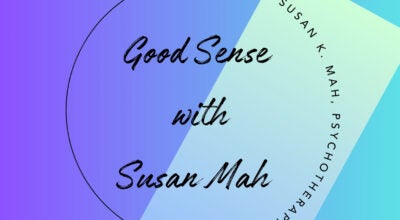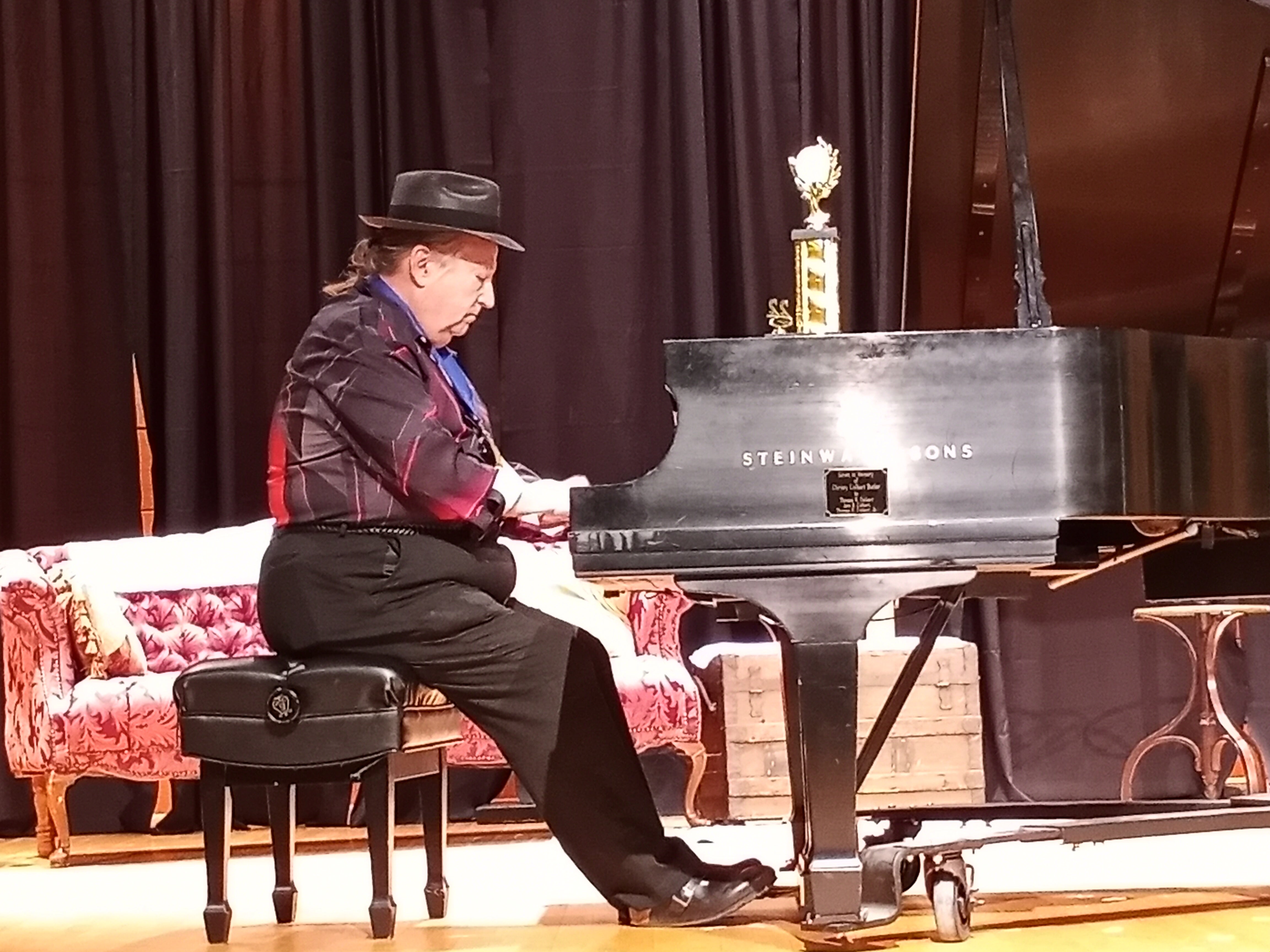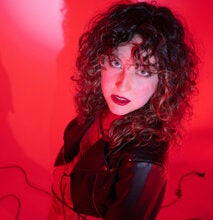I contribute to American culture
Published 6:00 am Sunday, September 3, 2017
By Terry Haller
I missed a lot of school due to allergies when I was little. I also had the normal childhood diseases like measles and chicken pox. One year, in grade three, I got really lucky and had to stay home for a month. That was great because we were well off. In those days that meant I had my own radio.
For an entire month, I was hooked on memory lane’s old-time radio soap operas. I tuned into Helen Trent, waiting for an answer to the show’s thematic query: “Can a woman of 30, and beyond, find romance?” Our Gal Sunday was another one. The histrionic announcer said it was about “A girl from Silvercreek, Colorado, who, in young womanhood, married England’s richest, and most handsome lord, Lord Henry Brinthrope … The story that asks the question ‘Can a mountain girl find happiness … etc.’” The answers were never forthcoming.
That’s why I liked Ma Perkins best; their stories only took five days. The announcer always called it “Oxydol’s own Ma Perkins.” Oxydol was a laundry soap before the synthetic detergents, like Tide, came along. Ma ran a small-town lumberyard with her cousin, Shuffle Shuber. One week, while I was tuned in, Shuffle died and the announcer said: “Due to the bereavement in Ma’s family today, Oxydol has relinquished all commercials.” I thought that was real class.
You can see why I was jubilant when Procter & Gamble, the maker of Oxydol, hired me for a television show in advertising development. By then, radio sponsorship was long gone, and they were grinding out the soaps on TV. P&G shows, like Another World, Guiding Light, As the World Turns, and a dozen others, filled up daytime TV. As far as my work went, these shows pretty much took care of themselves. I counted on the writers to remember all the plot twists. They made sure a villainous character, who in a previous episode got the electric chair, didn’t return in a new role.
Our prime-time programs were a different kettle of fish. We were supposed to regard them as efficient vehicles for our commercials. Sometimes they needed tweaking in order to do that. A case in point was the Miss USA Pageant. We didn’t actually produce it; CBS handled that for us. But as the show’s sole sponsor we owned it, and management wasn’t happy with its efficiency despite its high Nielsen ratings.
Clyde, one of our in-house producers, comes to me and says: “I think we’ve got to look into this. Didn’t we do focus groups last year? Did they tell us anything?”
“We did better than that. Every year we ask 300 viewers what they think of the show,” I remind him. I know he hasn’t read the report. Clyde is the creative type and reports featuring lots of numbers scare him off.
“Well, what do the damn viewers say about Miss USA?” Clyde asks, hoping for a deus ex machina kind of solution. Once a drama major, always a drama major.
“Predictable stuff. The results are always lukewarm. Like, they watch to see who’s going to win. Or they like the gowns. They never say anything very helpful,” I tell him. In a nutshell, Miss USA doesn’t deliver viewer satisfaction anything close to Green Acres, our hottest show this season.
“What do you think we should do?” Clyde puts on a Clint Eastwood squint.
“Go deeper with a new survey. Put emphasis on asking what they don’t like,” I tell him, returning the squint for dramatic effect.
Weeks pass. Finally, I phone Clyde. “We just got the new survey results,” I tell him.
Clyde comes in and slouches into a chair. He’s still squinting. “What’s the bad news?” he snarls.
“Here’s what they’re telling us,” I say. “Women viewers want to get to know the contestants more. They say high heels, swim suits, baton twirling, and tap dancing doesn’t hit the spot.”
Clyde sits up straight. “A contest is about people, right? We gotta do what the networks do covering the Olympics. Fade away from the games and focus on the runner with the dying grandmother.” Clyde is grinning for the first time in weeks. And his eyes have popped open.
“But very few beauty contestants have dying grandmothers … Just kidding!” I say. Back in those days in corporate America, we were supposed to kid around a lot.
Clyde’s happy hour ends abruptly. He frowns. “We can’t actually do personal profiles on twenty-five girls in a two-hour show,” he moans. The squint is back.
“There are other ways. Have the emcee interview them, or maybe just the finalists.” I say.
“About what?” Clyde snaps, his brows tightly knitted.
“Oh, I don’t know … anything. It’s just to give them face time. Just ask about their career plans. Or what they wish to accomplish with their lives,” I tell him. I love show biz. It’s so easy. You almost don’t have to think.
“Worth a try. Let’s tell CBS to do that on the next show,” he says, grinning again. And, with unknitted brows, Clyde heads out to celebrate with a three-martini lunch.
And that’s how I gave my life true meaning by shaping American culture. After my gimmick worked on Miss USA, every other beauty contest copied it. The backwash has been mixed. Recently a contestant explained that Americans don’t know much about foreign affairs because they don’t own maps. Topping them all was a contestant who said her life goal was helping people. “I’m a mercenary,” she explained.
Terry Haller is a retired advertising executive. You can reach him at hallerraven@hotmail.com.





